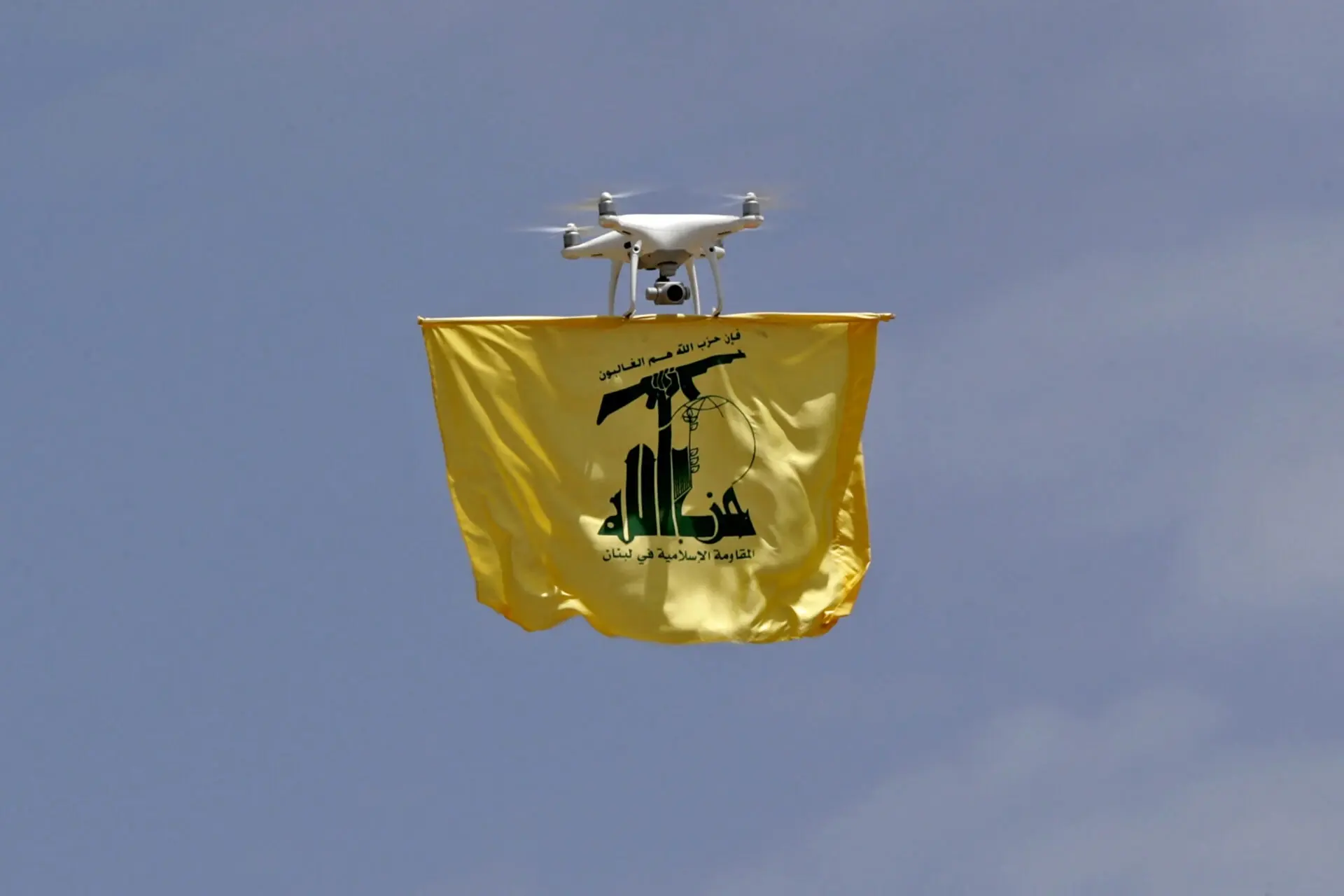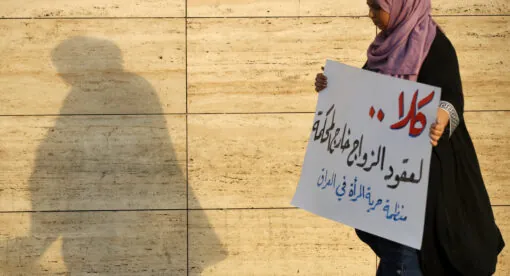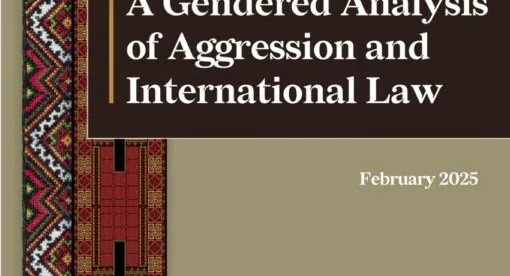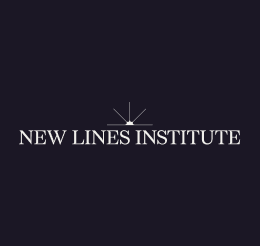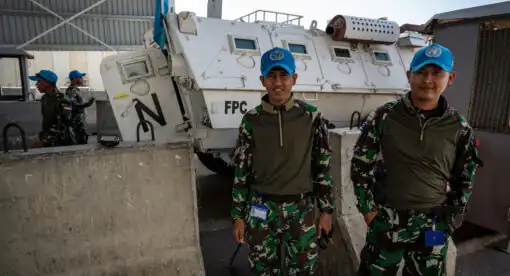Download the Policy Report Here
Executive Summary
Hezbollah, recognized as one of the world’s most formidable nonstate armed groups, has evolved significantly since its inception during the Lebanese civil war from a small militant faction into a powerful insurgency. Initially equipped with basic weapons, Hezbollah has now amassed a sophisticated arsenal, including a fleet of uncrewed aerial vehicles and a substantial stockpile of missiles and rockets. The group’s special forces have honed their skills through prolonged engagements with the Israel Defense Forces (IDF), one of the world’s most advanced militaries. Furthermore, Hezbollah has expanded its operations into the cyber domain, boasting an “electronic army” capable of both offensive and defensive cyber warfare.
Hezbollah has been equally successful in the economic domain. While the organization has historically relied on significant Iranian support, it has also pursued financial independence, establishing numerous independent networks around the globe in a manner rarely seen by other nonstate armed groups. Hezbollah’s economic activities span both legal and illicit domains, reaching global proportions. This extensive financial network not only sustains its operations but also enhances its influence and autonomy.
Hezbollah’s threat extends beyond its own capabilities, as it actively transfers its expertise to nonstate armed groups in Iraq, Yemen, and Syria. This support exacerbates regional instability and sectarian conflict, with Hezbollah implicated in training militias involved in sectarian violence, particularly in Iraq and Syria.
Hezbollah poses a multifaceted threat, not only as an insurgent group capable of committing violence against civilians but also as a transmitter of military and strategic know-how to other non-state actors. The implications of Hezbollah’s rise encompass increased threats to regional security and stability, heightened Iranian influence, and challenges to U.S. and European interests. To counter Hezbollah effectively, understanding its strengths and weaknesses is crucial.
Adequately combatting the group requires a multivariate approach in which military action is one of many methods. For instance, within the Shiite community, dissenting voices, including former Hezbollah officials and younger, modernist Shiite figures, must be amplified. Support for these opposition voices should be discreet to avoid discrediting them as Western agents. Additionally, dismantling Hezbollah’s global financial network requires a coordinated international approach involving different policies toward countries with dissimilar domestic laws and political systems.
Key regional players must centralize efforts to combat Hezbollah. This coordination can include intelligence-sharing, pressuring the Lebanese government, and dismantling Hezbollah’s global economic network. A carrot-and-stick approach should be applied to fragile Middle Eastern states that harbor Hezbollah fighters or support its global financial network, strengthening their governments while preventing the group from benefiting from international support. By addressing Hezbollah’s multifaceted influence through comprehensive and coordinated policies, its power and destabilizing impact in the Middle East can be significantly reduced.

